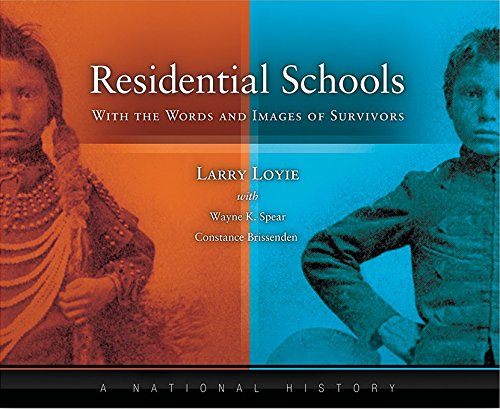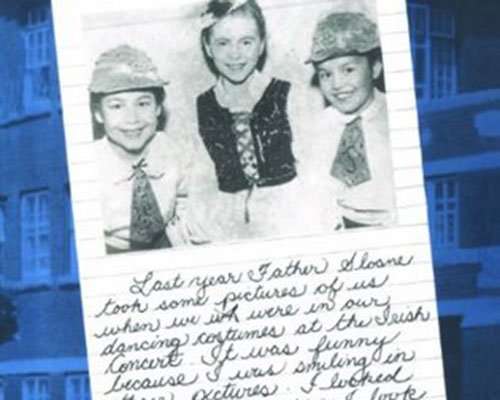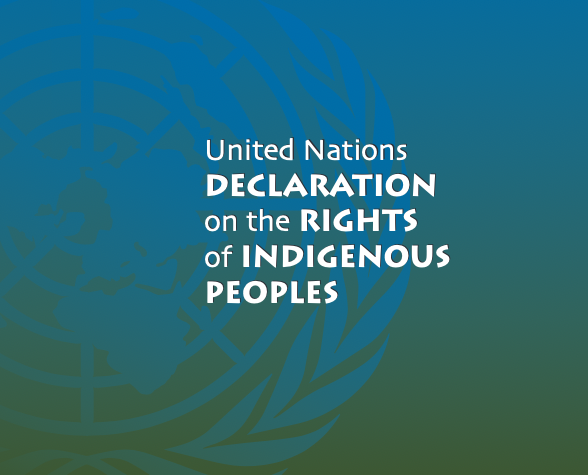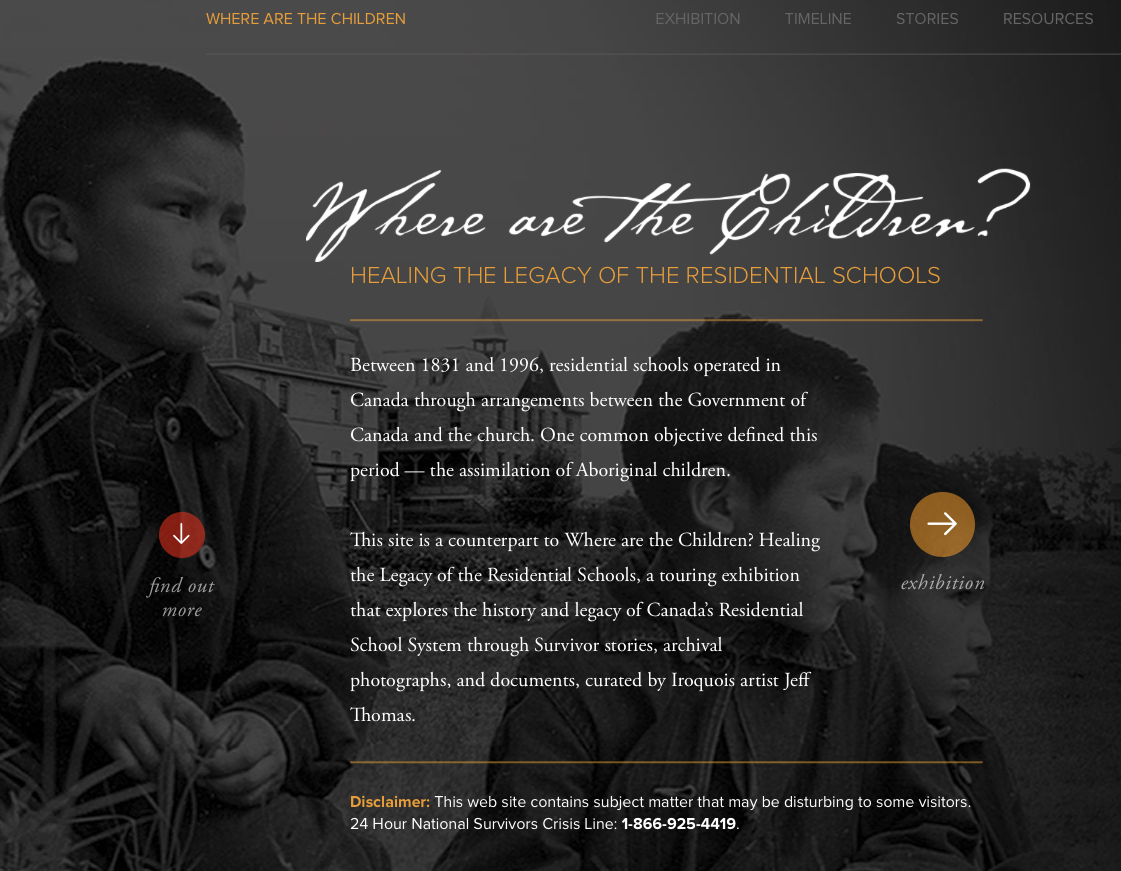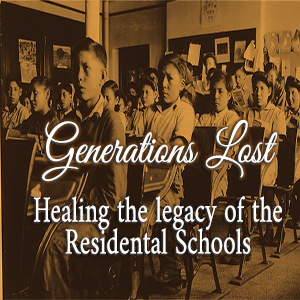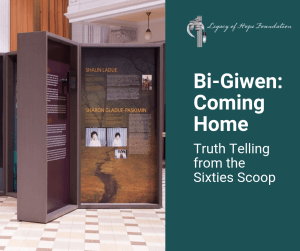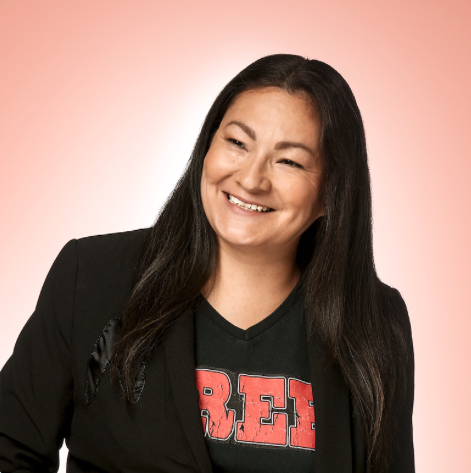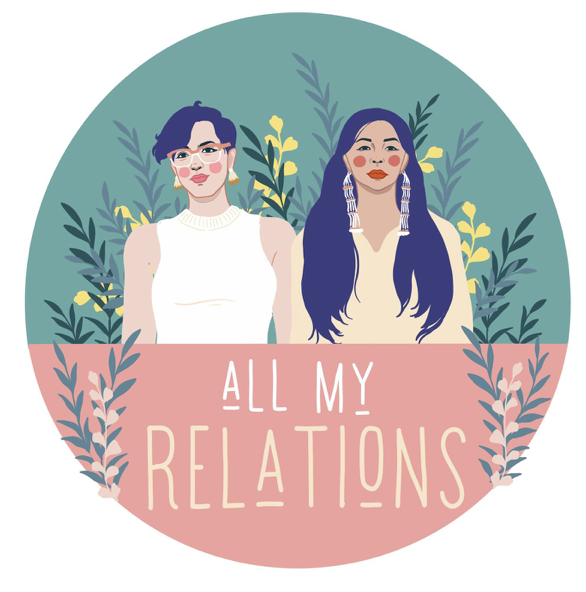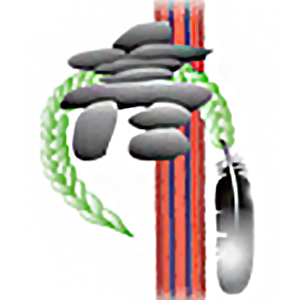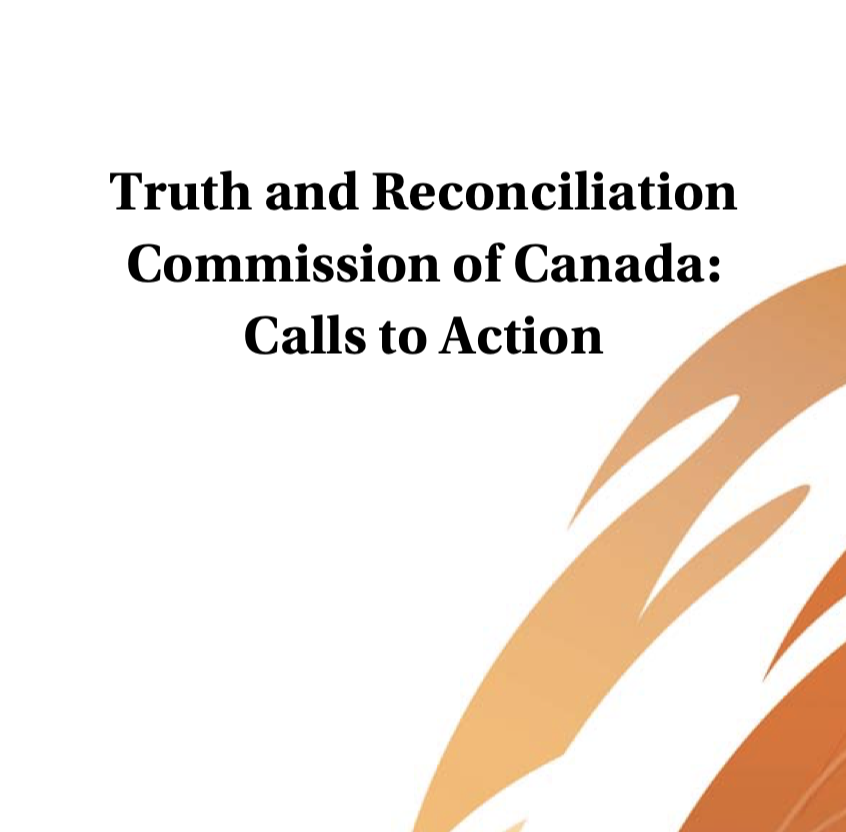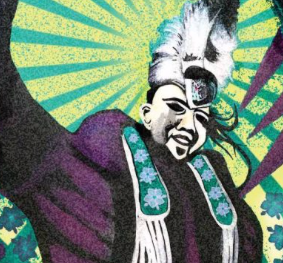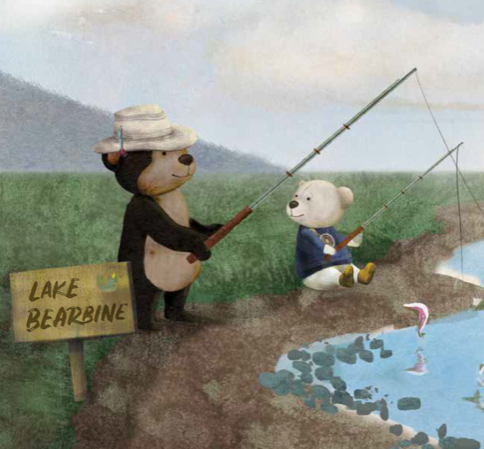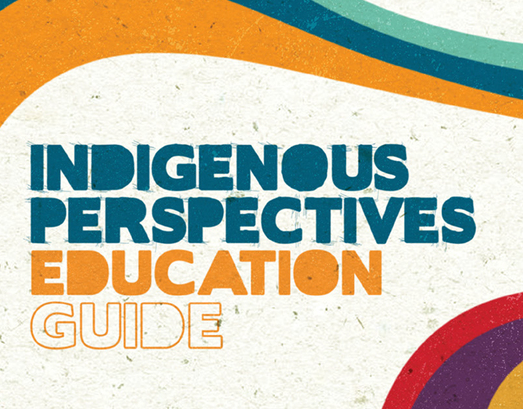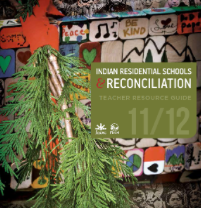Suggested Resources
The following resources include books, websites, activities and guides to further learning about residential schools and their legacy in Canada for people of all ages.
Watch
Shi-shi-etko (2009)
Four days before having to leave her family and home for residential school, Shi-Shi-Etko learns how important it is to hold on to her memories.
This adaptation of the book by Nicola Campbell is available via BravoFacts online.
Residential schools in Canada: A timeline (2020)
The history of residential schools in Canada can be traced as far back as the 17th century. This video covers history from the landing of Jesuits in what is now known as Quebec, to the release of the Truth and Reconciliation Commission of Canada’s Final Report in 2015.
Kanehsatake: 270 Years of Resistance (1993)
In July 1990, a dispute over a proposed golf course to be built on Kanien’kéhaka (Mohawk) lands in Oka, Quebec, set the stage for a historic confrontation. Director Alanis Obomsawin’s award-winning documentary details the centuries-long dispute.
Heritage Minute: Chanie Wenjack (2019)
The story of Chanie “Charlie” Wenjack sparked the first inquest into the treatment of Indigenous children in Canadian residential schools. This video details the circumstances surrounding his death.
Read
Residential Schools: With the words and images of Survivors.
Loyie, L., Spear, W., & Brissenden, C. (2014). Residential Schools: With the words and images of Survivors. Brantford, Ontario: Indigenous Education Press. Second printing: 2016.
Written together with Wayne Spear and Constance Brissenden, the book was researched and written over the span of almost two decades. It includes first-person interviews (including that of Larry Loyie) and archival photographs of the schools, the Survivors, and their lives.
My name is Seepeetza.
Sterling, S. (1992). My name is Seepeetza. Groundwood Books.
At six years old, Seepeetza is taken from her happy family life on Joyaska Ranch to live as a boarder at the Kalamak Indian Residential School. Life at the school is not easy, but Seepeetza still manages to find some bright spots. This book offers a look at life in an Indian residential school in the 1950s.
United Nations Declaration on the Rights of Indigenous Peoples (UNDRIP)
Adopted in 2007 by the UN General Assembly, UNDRIP consists of 46 articles recognizing the basic human rights of Indigenous people along with their rights to self-determination. Canada has endorsed the declaration, but is still in the process of implementing it at the provincial and national level.
Explore
Where are the Children? Virtual Exhibition
This virtual exhibition from the Legacy of Hope foundation details the history of residential schools over a 125 year period, using photographs and documents from the 1880s to present day, as well as Survivor testimony.
100 years of loss virtual exhibition
This virtual exhibition from the Legacy of Hope Foundation offers insights into the ongoing intergenerational trauma and impacts of residential schools on Indigenous communities.
Bi-Giwen: Coming Home virtual exhibition
The first of its kind, this virtual exhibition from the Legacy of Hope explores the experiences of Survivors of the Sixties Scoop, where Indigenous children were taken from their families, often forcibly and fostered and/or adopted out to non-Indigenous homes.
Listen
Unreserved with Roseanna Deerchild
This CBC podcast series covers a range of topics including the history and legacy of residential schools in Canada.
Historica Canada Residential Schools podcast series
Residential Schools is a three-part podcast series created by Historica Canada and hosted by Shaneen Robinson-Desjarlais, that discusses the history and legacy of residential schools, with input from First Nations, Métis, and Inuit Survivors, their families, and communities.
All my relations
The podcast covers a variety of issues from an Indigenous perspective, including Indigenous culture, residential schools, intergenerational trauma and feminism.
Legacy of Hope podcast series
The Legacy of Hope Foundation creates awareness and understanding about the Residential School System, including intergenerational impacts such as the removal of generations of Indigenous children from their families, the Sixties Scoop, and the on-going trauma. This podcast series features Indigenous community members from across Canada.
Act
Truth and Reconciliation Commission of Canada: Calls to Action.
Read the Calls to Action and think about why it is important that we act on these calls. Look into whether your organization or university has implemented these calls. Choose one to act on.
150 acts of reconciliation
The Active History project offers 150 different ways to act, engage, explore and learn about reconciliation. Choose a few of these small, everyday acts to engage with reconciliation.
Fun ways to learn
The First Nations Caring Society has a variety of activities for younger children. Explore these ways to learn about Indigenous Peoples in Canada.
Teach
These resources are created for educators but may be used by parents as well.
Residential School Toolkit
“Residential Schools” is the sixth book in the Assembly of First Nations’ Its Our Time: Education Toolkit series. Explore this teaching resource for additional materials about residential schools.
Indigenous Perspectives Education Guide
Historica Canada’s guide provides an overview of Indigenous history in Canada and touches on issues affecting Indigenous Peoples today including residential schools, the Sixties Scoop, child welfare and more.
Indian Residential Schools and Reconciliation
The First Nations Education Steering Committee developed educational resources for grades 5, 10, and 11/12. These guides include age-appropriate literature and archival materials to explore residential schools.
